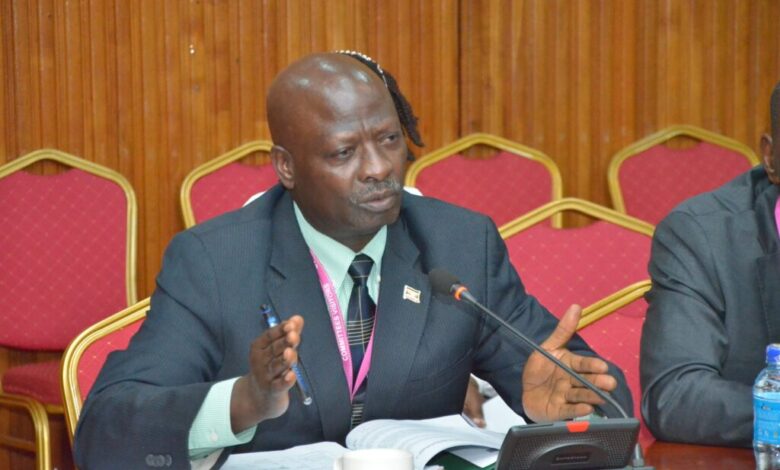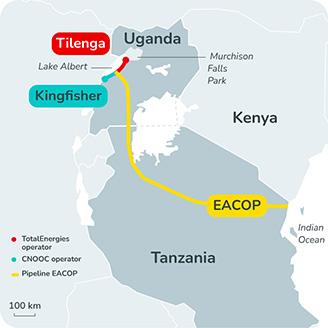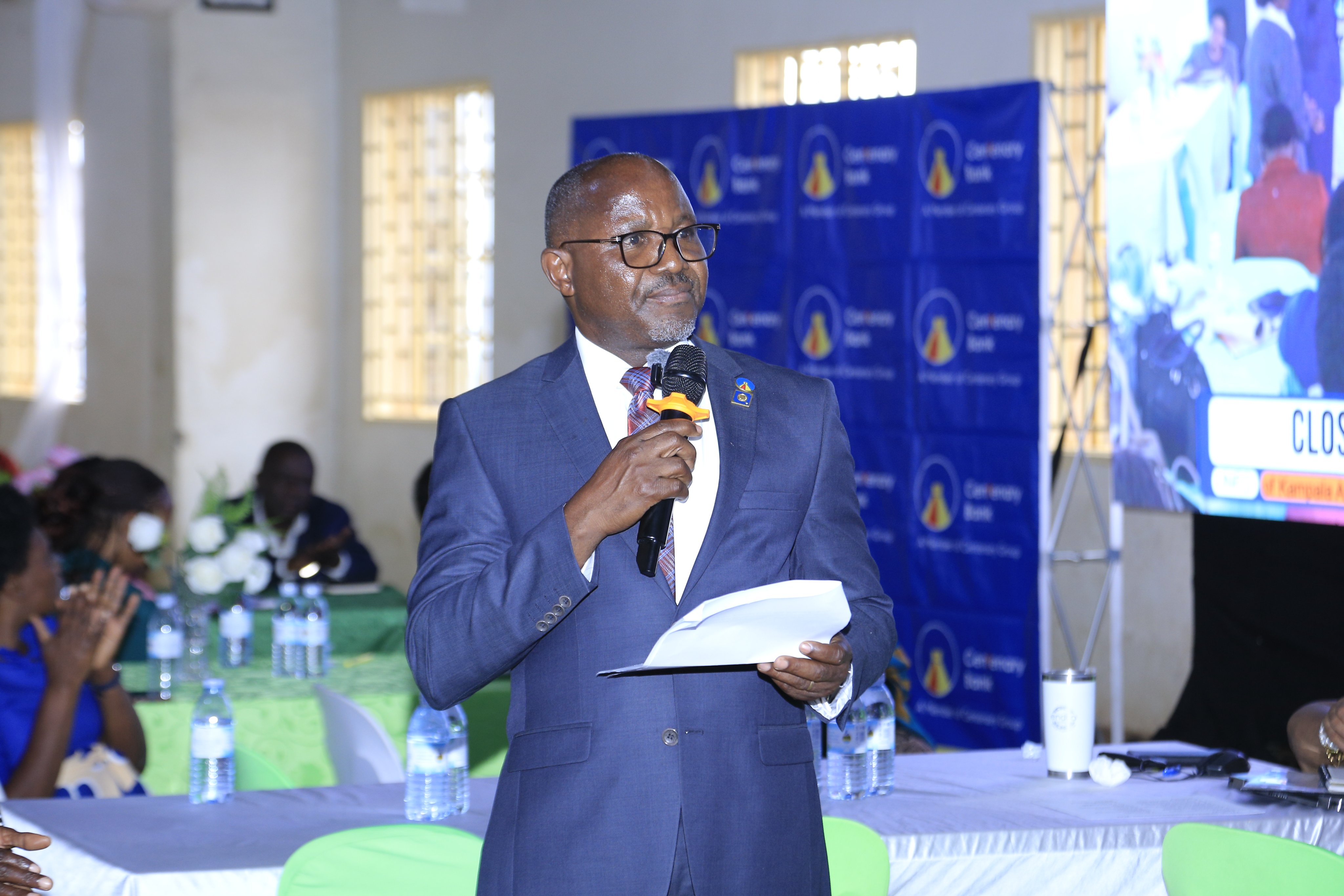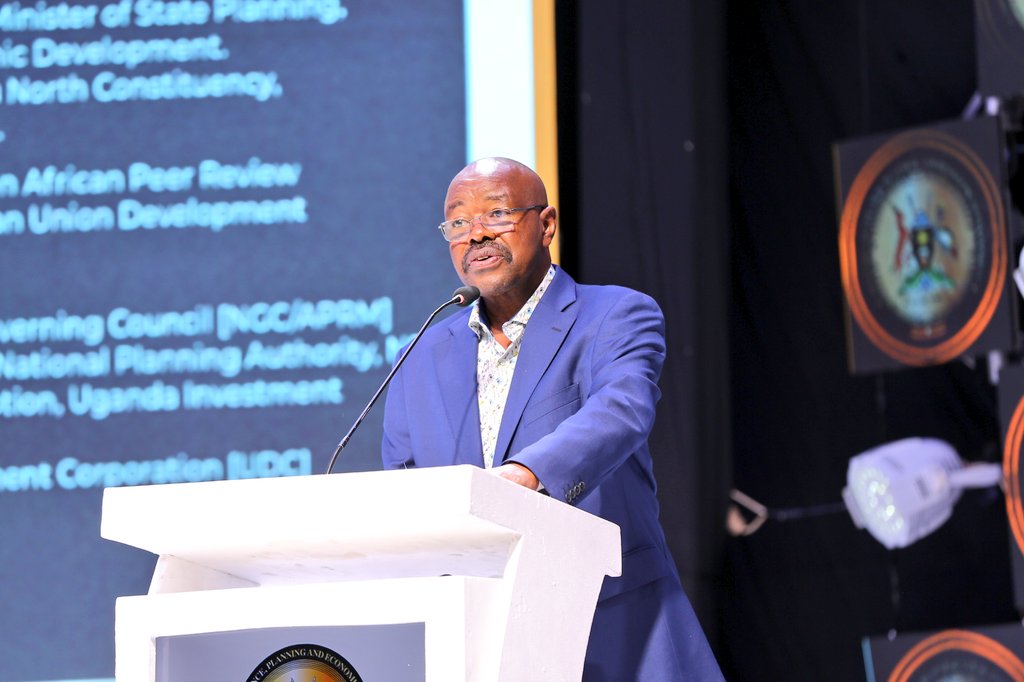Legislators question quality of Ugandan teachers
Established by Article 167(1) of the Constitution, the Commission's core mandate is to provide professional and competent education service personnel and to improve the quality of those personnel and the service in general.

The Education Service Commission has criticized Ignatius Koomu Kiwanuka, the Nakaseke District LCV chairman, for subjecting teachers to an unannounced assessment test following poor performance in the 2023 Primary Leaving Examination (PLE) results.
Established by Article 167(1) of the Constitution, the Commission’s core mandate is to provide professional and competent education service personnel and to improve the quality of those personnel and the service in general.
Asuman Lukwago, Secretary of the Education Service Commission, explained that proper exam protocols require candidates to be notified in advance, which explains why some teachers scored as low as 27% in the controversial exam.
Lukwago made these remarks while appearing before Parliament’s Committee on Commissions, Statutory Authorities, and State Enterprises (COSASE). Buzaaya County MP Martin Muzaale asked Lukwago to explain the lessons learned from the Nakaseke incident, highlighting the Commission’s role in maintaining and improving teacher quality.
“To be fair, I have been in education, and an exam should not be an ambush. It should be a conventional process. If you surprise even experienced professionals with an exam, the failure rate can be high. This was not fair, but humans can learn from unfair situations,” said Lukwago.
In March 2024, Koomu subjected P7 teachers in Nakaseke District to impromptu assessment tests following poor performance in the 2023 PLE results. The results revealed that mathematics was the worst-performing subject, with seven out of nine teachers failing to secure 50% of the marks, and the poorest-performing teacher scoring 27%.
Lukwago argued that the results from the Nakaseke tests are not a reliable measure of teacher quality in Ugandan schools. He stressed that exams must be set by qualified professionals and candidates must be alerted beforehand.
Robert Kasolo, the Iki Iki County Representative, criticized Lukwago for evading the question on the lessons learned, pointing out that the test was set by the Uganda National Examination Board (UNEB), a body responsible for setting national exams.
“The exams were set by UNEB, and these were teachers supposed to be teaching those specific subjects. What lessons do you learn from that exercise? Despite it being irregular, what insights can the Commission draw from this exercise? asked Kasolo.
Lukwago responded that the Nakaseke incident highlighted the need for continuous professional development for teachers, including attending seminars and presenting papers. He noted that the lack of such development could be attributed to the meager pay, which forces some teachers to take on additional jobs, such as boda boda riding, leaving little time for self-improvement.
“Teachers have to hustle, and when they are paid less, they turn to other jobs to supplement their income. This leaves them with little time for professional development. The lesson is that teachers should pursue continuous professional development,” said Lukwago.
Koomu’s controversial examinations followed years of threats to improve academic performance in Nakaseke District. He finally acted on his threats by subjecting about 40 teachers to an assessment at Nakaseke Technical Institute, requiring them to attain a 60% pass mark or undergo a refresher course.
John Muyingo, Minister of State for Higher Education, admitted to Parliament that Koomu’s actions caught the Ministry by surprise. He revealed that the Ministry dispatched investigators to dig deeper into the matter, but no report has yet been presented to Parliament.
The debate on the quality of education in Uganda coincides with a UNICEF study on the Quality of Basic Education in Uganda. The study noted that while the introduction of Universal Primary Education (UPE) in 1997 greatly improved access, it did not improve quality. The report highlighted that rampant teacher absenteeism and under-qualification of many teachers are major challenges for student achievement.







